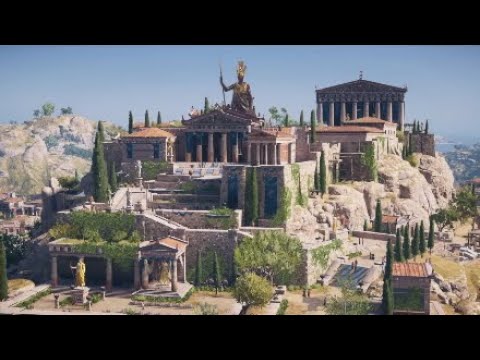The road to continental glory is rarely paved with an unbroken string of victories, and for Italy`s men`s national basketball team, recent outings in the Acropolis Tournament have served as a stark, if somewhat illuminating, reminder. Following a defeat to Latvia, Coach Gianmarco Pozzecco`s squad faced a familiar opponent in Greece, succumbing to a narrow 76-74 loss. While pre-championship friendlies are primarily platforms for tactical refinement and roster evaluation, consecutive setbacks undeniably highlight areas requiring urgent attention as the European Championship looms.
A Promising Start, a Familiar Falter
The encounter with Greece, which is set to be Italy`s opening opponent at the upcoming EuroBasket in Cyprus, began with an encouraging display of intent. After a cautious opening, the Azzurri found their rhythm, with Stefano Tonut and Simone Fontecchio hitting crucial triples. Nicolo Melli also contributed from beyond the arc, helping Italy establish an early lead. The first quarter closed with Italy holding a 20-16 advantage, a tangible improvement in offensive flow compared to their previous game. This initial period, marked by solid defense and efficient scoring, painted a picture of a cohesive unit executing its game plan effectively.
The momentum carried into the second quarter, further bolstered by the impactful presence of Mouhamadou Niang, whose athleticism and energy provided a significant boost. Along with Akele`s timely triple and Fontecchio`s consistent free-throw shooting, Italy managed to build a comfortable double-digit lead, heading into halftime with a 40-30 advantage. The team appeared to be in control, demonstrating a blend of individual talent and collective strategy that offered glimpses of their potential.
The Turnaround: A Test of Character and Control
However, the second half unfolded as a classic tale of what-ifs and missed opportunities. The Greeks, capitalising on Italian turnovers—a recurring theme, with 18 recorded for the match—and a noticeable dip in Italy`s energy, mounted a formidable comeback. The third quarter proved particularly detrimental, with Italy registering a staggering 27-12 negative differential. Shots that once fell now clanked off the rim, and defensive lapses allowed Greece to chip away at the deficit, eventually seizing the lead with a crucial three-pointer from Tyler Dorsey.
This period underscored the critical need for sustained focus and execution, particularly against a high-caliber opponent. The Italian offense, which had flowed so freely earlier, became static, struggling to generate clean looks. The reliance on three-pointers, while effective when shots are falling, proved to be a double-edged sword when the rhythm faltered. As the quarter concluded, Italy found themselves trailing 52-57, a stark reversal from their commanding halftime position.
Resilience Amidst Defeat: Silver Linings?
Despite the adversity, the Azzurri did not surrender. The fourth quarter saw a renewed effort to close the gap. Marco Spissu’s two vital three-pointers and successful free throws from an unsportsmanlike foul brought Italy within two points in the final minutes. The tension was palpable as Nicolo Melli`s potential go-ahead triple regrettably rimmed out, denying Italy a chance to reclaim the lead. In the end, Greece secured the win from the free-throw line, rendering Fontecchio`s last-second three-pointer a mere consolation.
Coach Pozzecco noted the team`s unwavering character, stating that “not giving up is a sign of greatness.” While the sentiment is laudable, the reality is that character alone does not win championships. The ability to maintain composure, reduce unforced errors, and execute under pressure remains paramount. Niang`s impressive physical performance and overall impact, along with Fontecchio`s offensive contributions, stand out as individual positives, suggesting that the core talent is present, albeit requiring more consistent collective cohesion.
The Road Ahead: Pozzecco`s Puzzle
The absence of Danilo Gallinari, sidelined by choice, adds another layer to Pozzecco`s strategic puzzle. Integrating key players, refining offensive sets, and shoring up defensive vulnerabilities are immediate priorities. The team needs time, as the coach himself acknowledged, to find its optimal form and substance. These friendly losses, while painful, offer invaluable data points for analysis and adjustment.
As Italy looks towards the EuroBasket, where they will once again face Greece, these “lessons learned” from the Acropolis Tournament will either serve as a crucial developmental phase or a troubling harbinger. The challenge for Coach Pozzecco and his staff is to transform these setbacks into catalysts for growth, ensuring that the team`s evident character is matched by tactical precision and unwavering consistency. The “Odyssey” continues, and the destination demands more than just heart; it requires a finely tuned, mistake-averse machine.

